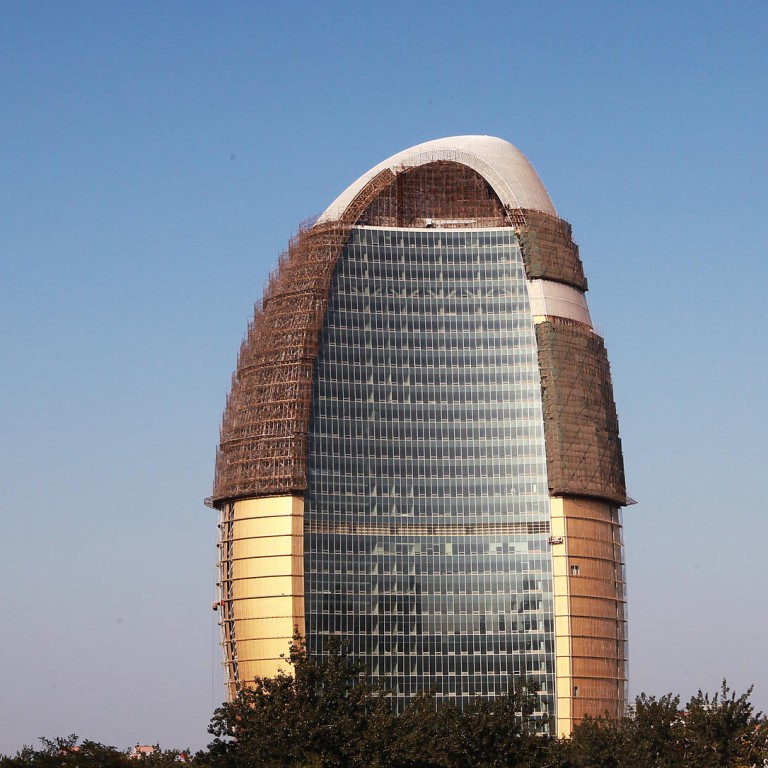
State media under spotlight in widening graft audits
People's Daily, Xinhua and state broadcaster CCTV join growing list of Xi Jinping's 'victims'
A reprimand of two leading state media outfits by the national audit office, and the recent arrests of two executives at the state broadcasters on graft charges, shows the pervasiveness of corruption and extravagance within the Communist Party's top mouthpieces.
The , the Communist Party's mouthpiece, and Xinhua, the leading state-run news agency directly under the State Council, join Central Television of China (CCTV) on the growing list of victims of President Xi Jinping's campaign to stamp out corruption and curb extravagance.
Xigen Li, associate professor at the department of media and communication at the City University of Hong Kong, said it was no surprise that state media had been accused of misconduct as "they are part of the system that produces the depravity".
Zhang Ming, a professor of political science at Renmin University, said the findings indicated that the "epidemic" was pervasive among all state organisations and agencies.
In its report, the audit office said the and Xinhua were supposed to be leading the high-profile charge to expose graft and excess, and had issued stern warnings against such malpractices on an almost daily basis.
Despite this, the continued to arranged meetings and entertain guests in five-star hotels, the auditors found.
"The should improve the way it compiles and reports its budgets and ... improve internal controls over expenditure for foreign travel and meetings," the auditor said.
The , the mass-circulation tabloid affiliated to the and known for its hawkish nationalistic stance, was criticised for spending 6.6 million yuan (HK$8.2 million) since 2009 on electronic equipment that bypassed the government's procurement process.
The national auditor also said Xinhua had sent five groups of officials on unapproved overseas trips, and had misspent 1.37 million yuan on 15 cars.
Xinhua said it had developed a plan to curb extravagance, in reaction to an investigation conducted by the party's watchdog.
Inspectors from the Central Commission for Discipline Inspection, the Communist Party's anti-graft watchdog, recently concluded an inspection looking for evidence of graft at Xinhua.

Their detention came a few months after the arrest of Li Dongsheng, a vice-minister of Public Security who also worked for the state broadcaster.
Since coming to office in late 2012, Xi has launched a campaign to stamp out corruption to help regain public confidence after an endless series of scandals involving high-living officials.
Xi also reined in extravagance to project a frugal image.
"The malpractices in state-run media reveal how the malaise has infested every Chinese organisation and every corner of society," Zhang said.
As long as power went unsupervised, corruption would flourish, he added.
Li said that while state media did play an heroic role in exposing graft and corruption, its executives were appointed by the government.
"Government officials have been dismissed in batches because of their depravity. The top managers at state media all face opportunities to [be] corrupted," he said.
"The cases of Xinhua and show that no one is innately immune to corruption," Li said. "Everyone needs to be watched, including the media themselves."

